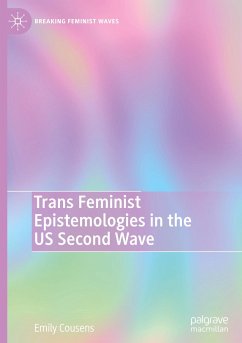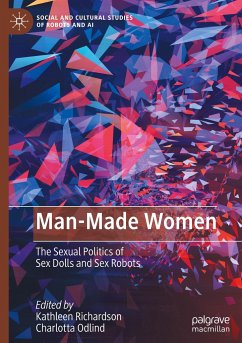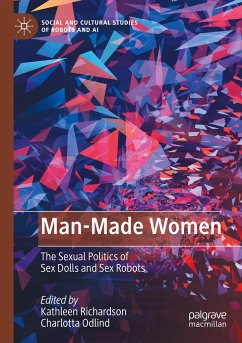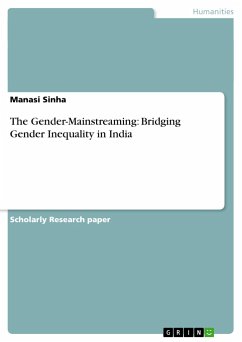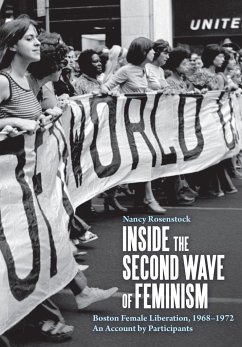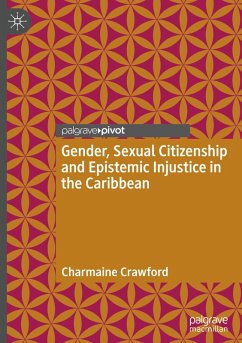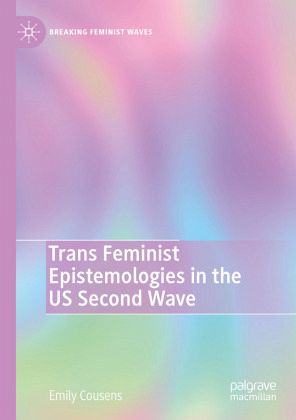
Trans Feminist Epistemologies in the US Second Wave
Versandkostenfrei!
Versandfertig in 6-10 Tagen
91,99 €
inkl. MwSt.
Weitere Ausgaben:

PAYBACK Punkte
46 °P sammeln!
Why do "second wave" and "trans feminism" rarely get considered together? Challenging the idea that trans feminism is antagonistic to, or arrived after, second wave feminism, Emily Cousens re-orients trans epistemologies as crucial sites of second wave feminist theorising. By revisiting the contributions of trans individuals writing in underground print publications, as well as the more well-known arguments of Andrea Dworkin, this book demonstrates that valuable yet overlooked trans feminist philosophies of sex and gender were present throughout the US second wave. It argues that not only were...
Why do "second wave" and "trans feminism" rarely get considered together? Challenging the idea that trans feminism is antagonistic to, or arrived after, second wave feminism, Emily Cousens re-orients trans epistemologies as crucial sites of second wave feminist theorising. By revisiting the contributions of trans individuals writing in underground print publications, as well as the more well-known arguments of Andrea Dworkin, this book demonstrates that valuable yet overlooked trans feminist philosophies of sex and gender were present throughout the US second wave. It argues that not only were these trans feminist epistemologies an important component of second wave feminism's knowledge production, but that this period has an unacknowledged trans feminist legacy.



